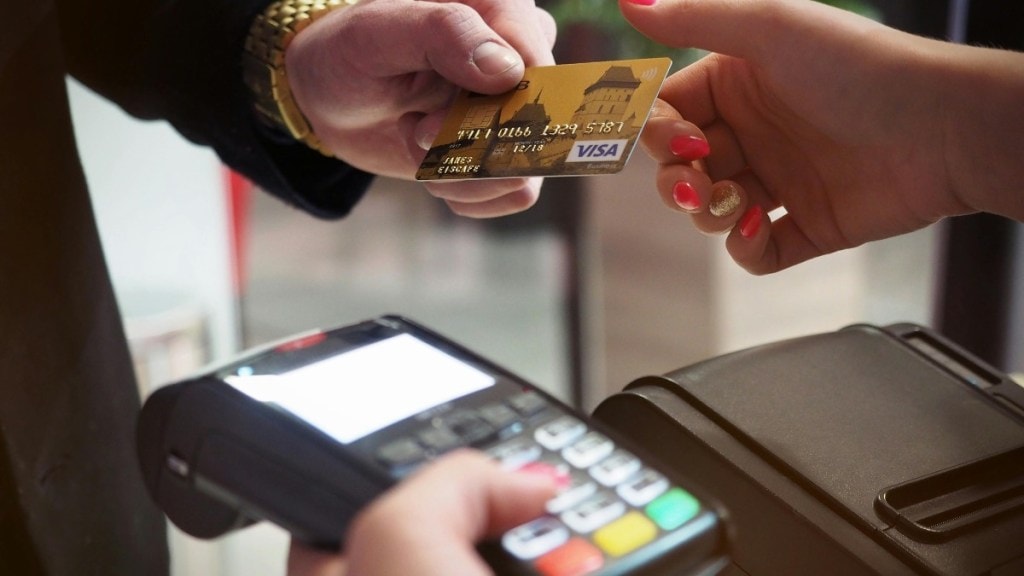In the digitalised world, knowing personal details of customers has become an important part of their identification process. KYC or ‘knowing your customer,’ plays an important role in verifying the authenticity of users. This also helps to avoid fraud and other illegal activities.
However, if these details get into the wrong hands, then this might cause you trouble. Leakage of personal information to illegal communities can land you in scams. For example it can help fraudsters to execute identity theft. This can also result in tampering with your personal details.
Identifying KYC fraud
So, what is KYC and why can it be prone to fraud activities? KYC or know your customer can reveal your personal details. This can include your personal details such as contact number or PAN card details. From address to blood group, it covers all. Also, your exact location can be tracked with the help of KYC.
In spite of being made for safety purposes, if misused these details can pose a threat for you. Then it would lead to the execution of KYC-based fraud. This can include fake calls, email fraud, money laundering and the list goes on. Given below are some of common KYC fraud that can take place:
- Fake calls can be one of the most common ways to land you in danger. Fraudsters can call you and ask for your PAN or Aadhaar details. They will pretend to be bank authorities and get these details, only to use them to draw money from your bank account.
- Another fraud can be using your KYC details to create a ‘fake version of you.’ This mostly takes place on digital platforms. For example someone posing as you can create havoc in your social media. This fraud is known as ‘impersonification.’
- Email fraud can also take place where you will get fake mails from authorized organizations (pretending to be). These mails will ask you to update your KYC details, and then your details will be secretly taken for illegal activities.
The safety nets
So, how do you keep yourself safe from these frauds? Here’s how you can stay safe:
- White sharing your KYC details, make sure that the websites/ identity you are sharing your details are authentic. Do a thorough background check, before sharing any kind of personal information.
- You should always try to submit your KYC details on verified and official websites, in case you are submitting online. If online, then share it with government or authorized officials.
- Try to avoid clicking on suspicious links. For example you get any form of mail instructing you to update your KYC through random links, avoid that. This can be a tarp for you.
- Lastly, do not share any form of OTP that comes from random texts. Even if they seem to be from a government agency, don’t share. First crosscheck it from some authentic sources.
Follow FE Tech Bytes on Twitter, Instagram, LinkedIn, Facebook








